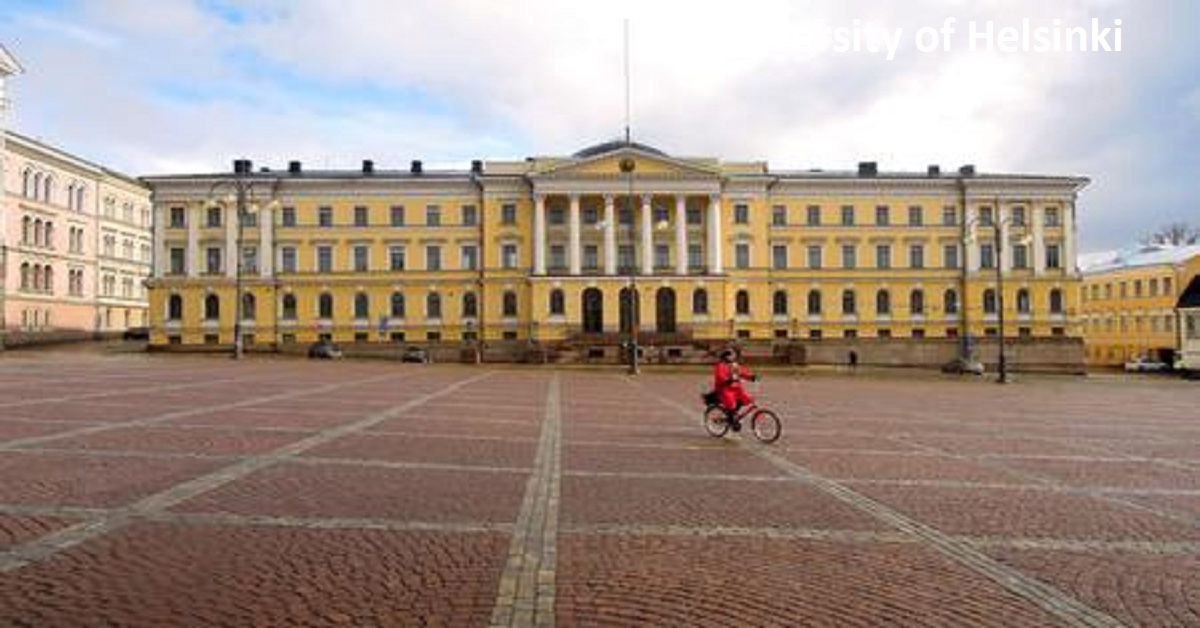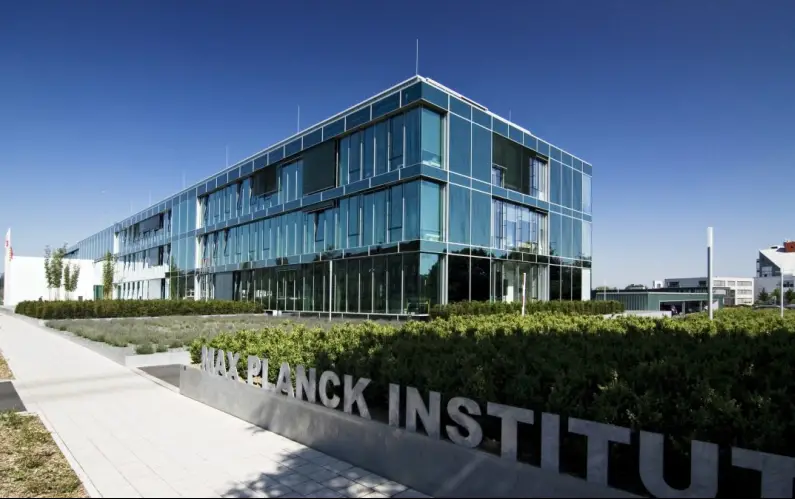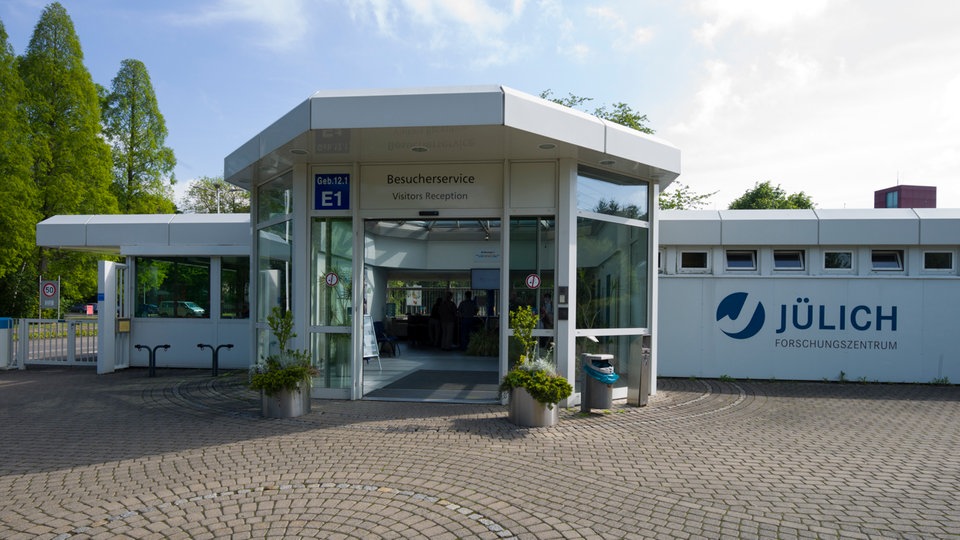Cancer is the second cause of death worldwide and it is estimated that metastases are responsible for as many as 90% of cancer deaths. It is believed that up to 70% of metastases occurs through the lymphatic system with lymphatic vessels and lymph nodes (LN) mediating the process, while the rest of them are of hematogenous origin and occur through the blood stream. LN metastasis is an independent indicator of poor prognosis. LNs are responsible for the immune response against external threats as well as the elimination of tumor cells which are considered foreign entities. Tumor cells however, have found ways to escape the immune system and even colonize LNs, which would be considered an otherwise “hostile” environment. Initially, this is achieved through secreted signals that travel to the lymph node and prepare the field, while later cancer cells migrating and homing the LN actively suppress the local immune response. Nowadays, immune response reactivation is the basis of immunotherapy success in cancer treatment. Understanding how tumors shape the LN environment and how tumor cells metastasizing to the LNs are able to suppress the immune response locally is a breakthrough, and it will help us identify novel biomarkers, and possibly targeted therapies which could be combined with existing anticancer therapies. Studying the metastatic process in real time, and doing so for individual cancer patients in a personalized manner that would also enable parallel preclinical drug testing of multiple drugs and combinations, is not possible with current methodologies.
With a number of research institutes and companies throughout Europe, we will develop and validate a tumor-lymph node-on-chip (Tumor-LN-oC) platform composed of 3D tissue models and microfluidic chips which will connect surgically removed human primary tumors and LN tissue from the same lung cancer patient. This will serve as a “biological twin” of the patient and will allow us to study the interaction of primary tumors with LNs for individual patients. This will enable the use of existing drugs, or the development of new ones that could reverse this process and inhibit tumor growth and dissemination. It will also allow the identification of novel biomarkers characterizing metastatic cells which could also be exploited therapeutically. Moreover, by employing novel imaging approaches, we will generate a spectral “finger-print” of migrating/metastasizing cells which could be used for diagnostic purposes in tumor and lymph node biopsies. The proposed technologies will provide added value to the EU cancer diagnostics and pharmaceutical industries and lower the barriers associated with the application of Organ-on-Chip technology in disease diagnosis and therapy.
The goal of this PhD position is to design a resealable microfluidic chip. The size of the chip will be compatible so as to fit under a standard microscope. The chip will consist of 2 open resealable reservoirs for placing and immobilizing the tissues and two connected culture wells, in combination with continuous recirculating flow generated by an integrated "artificial cilia"-based pump system. The microchannels connecting the two culture wells will allow direct bidirectional communication between the tumor and the LN, with a minimal flow rate mimicking the situation in the human lymphatic system. Artificial cilia have been shown to be very effective in generating flows in microfluidic chips, and are an ideal fully integrated solution for the control of recirculating flow in microfluidic networks. Fabrication of the microfluidic cartridges will be performed in two phases: the 1st generation chips will be disposable (PDMS on CaF2), will comprise materials such as PDMS for the microchannels and the chambers and CaF2 for the bottom layer. For the 2nd generation (cyclic olefin copolymer (COC) on CaF2 or glass on CaF2) the materials will be COC for the upper layer in combination with CaF2 for the bottom layer, chosen for their high chemical resistance, minimal adsorption of small hydrophobic molecules, high transparency and low autofluorescence. In the 2nd generation microfluidic chips, the upper layer will be designed to be disposable and the bottom layer to be reusable. These materials can be processed using established methods like micromachining, moulding, laser processing or chemical etching. At a later stage, both components of the microfluidic chip (upper and lower parts) can be made out of glass to reduce manufacturing costs and be compatible with industrial scale processes. The artificial cilia are made via a micro-moulding process and sub-sequent assembly in the chip.

Figure: Tumor-LN-oC integrated with artificial cilia. (a) micromoulded magnetic artificial cilia;
(b) a proposed chip design: top part: two compartments for tumor and LN samples collected from patient (COC); middle part: microfluidic circuitry for feeding and facilitating cell migration (glass), connected to top part via porous membranes; bottom: mid-IR transparent substrate (CaF2) with fixed artificial cilia patch; (c) connecting micro-channels.
Job requirements
- ambitious, self-motivated and proactive;
- have experience in working in multidisciplinary projects, preferably combining mechanical, physical and/or biological disciplines;
- knowledge and experience in microfluidics, microfabrication and/or soft lithography;
- experience in cell biology, biological imaging and sensing;
- good communication skills in written and spoken English;
- willing to contribute to education activities, such as supervising BSc and MSc projects.
Embedding
The PhD student will be supervised by Dr. Ye Wang and Prof. Jaap den Toonder from the Microsystems group. The Microsystems group is part of the Institute of Complex Molecular Systems (ICMS). The Microsystems group manages the Microfab/lab, a state-of-the-art micro fabrication facility that houses a range of micro manufacturing technologies – microfluidics technology is one of the main research pillars of the group. The candidate will also work closely with experts from Biomedical department from TU/e, and work in their state-of-the-art cell lab. The activities are part of the European research project Tumor-LN-oC, and there will be many interactions and collaborations with the other project partners.
Conditions of employment
We offer you:
- A meaningful job in a dynamic and ambitious university with the possibility to present your work at international conferences.
- A full-time employment for four years, with an intermediate evaluation (go/no-go) after nine months.
- To develop your teaching skills, you will spend 10% of your employment on teaching tasks.
- To support you during your PhD and to prepare you for the rest of your career, you will make a Training and Supervision plan and you will have free access to a personal development program for PhD students (PROOF program).
- A gross monthly salary and benefits (such as a pension scheme, pregnancy and maternity leave, partially paid parental leave) in accordance with the Collective Labor Agreement for Dutch Universities.
- Additionally, an annual holiday allowance of 8% of the yearly salary, plus a year-end allowance of 8.3% of the annual salary.
- Should you come from abroad and comply with certain conditions, you can make use of the so-called ‘30% facility’, which permits you not to pay tax on 30% of your salary.
- A broad package of fringe benefits, including an excellent technical infrastructure, moving expenses, and savings schemes.
- Family-friendly initiatives are in place, such as an international spouse program, and excellent on-campus children day care and sports facilities.
Information and application
More information
Do you recognize yourself in this profile and would you like to know more?
Please contact dr. Ye Wang, y.wang2[at]tue.nl.
For information about terms of employment, click here or contact HRServices.Gemini[at]tue.nl
Please visit www.tue.nl/jobs to find out more about working at TU/e!
Application
We invite you to submit a complete application by using the 'apply now'-button on this page.
The application should include a:
- Cover letter in which you describe your motivation and qualifications for the position.
- Curriculum vitae, including a list of your publications and the contact information of
three references. - Brief description of your MSc thesis.
We look forward to your application and will screen it as soon as we have received it.
Screening will continue until the position has been filled.
We do not respond to applications that are sent to us in a different way.
Please keep in mind you can upload only 5 documents up to 2 MB each. If necessary please combine files.


